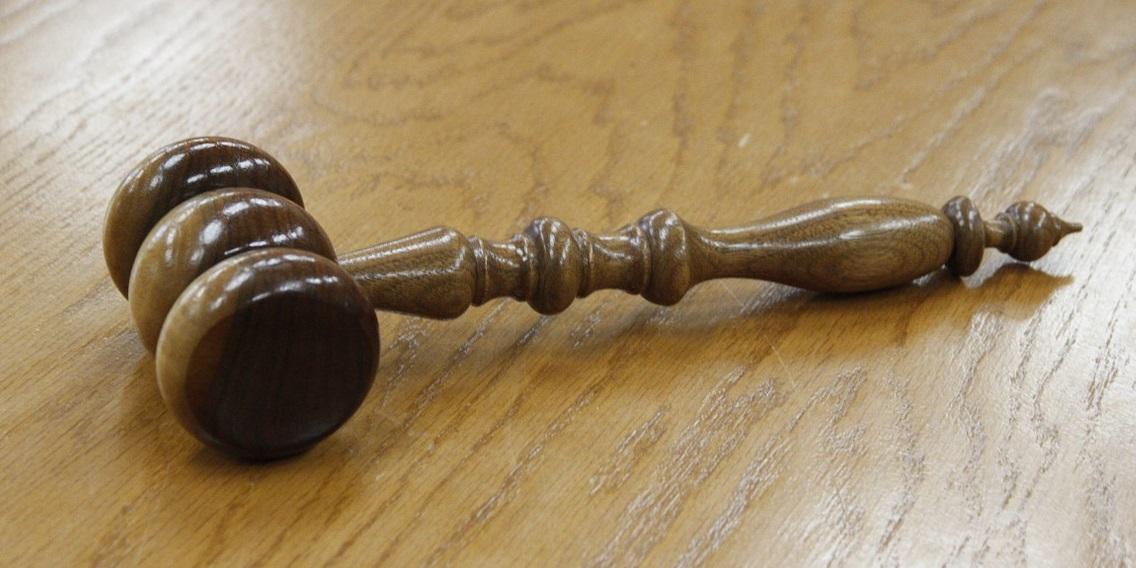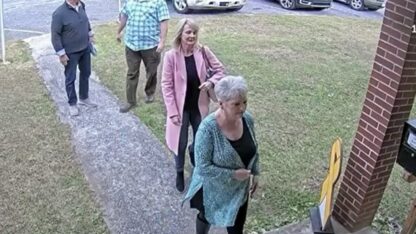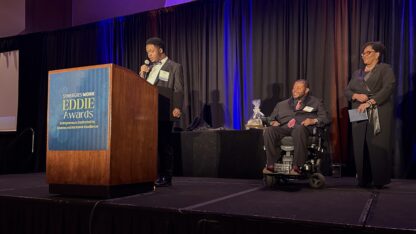Calhoun Lawyers: Bond Injunction Causing Missed Court Dates

An injunction has been lifted against Calhoun, Ga., over its detention of indigent defendants, but a lawsuit filed against the city continues.
OPENROADPR / PIXABAY
A legal battle out of Calhoun, Ga. over the constitutionality of jailing people too poor to afford bond is on its way back into the hands of a lower court.
About a year ago, a district court judge enjoined the city of Calhoun from detaining indigent defendants for misdemeanors or minor traffic cases. Last week, the 11th U.S. Circuit Court of Appeals lifted the injunction, saying it was too light on detail.
But lawyers for the City of Calhoun now say they’re seeing a significant increase in the number of people missing court dates since the injunction was issued.
“The increase in Calhoun of failures to appear exceeded 100 percent during the time period that we were under the injunction,” said Andy Davis of Brinson Askew Barry, the law firm defending the city. He says the firm’s been looking at data from Calhoun courts.
U.S. District Judge Harold Murphy will make the next decision on what happens with the original lawsuit. The suit was brought by the Southern Center for Human Rights on behalf of a man who was jailed for six days for public intoxication. Maurice Walker’s attorneys argued he couldn’t afford bond, and keeping him detained because he’s poor violates the equal protection clause.
The case has drawn national attention, including a brief filed by the U.S. Department of Justice under former President Barack Obama.
An attorney with a Washington-based non profit, Civil Rights Corps, defended the injunction before the appeals court last year. That group has been challenging bail policies like Calhoun’s in cities across the country.
Lawyers for Calhoun said the effect they’ve seen there is playing out in other cities that have changed their bail policies when faced with legal challenges.
“Rome has had a similar effect. I know of at least three other jurisdictions we’ve talked to that have similar rises in those folks who fail to appear in court,” said Davis.
The Southern Center declined to comment and Civil Rights Corps couldn’t be reached by deadline.
Because of the suit, the Calhoun’s courts now releases people if they don’t get a bail hearing within 48 hours of their arrest.








